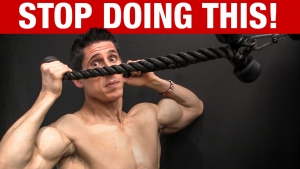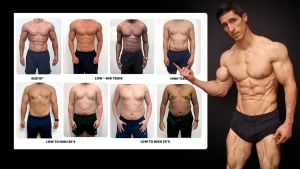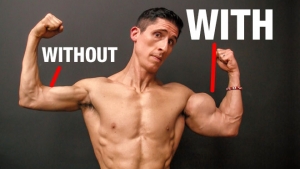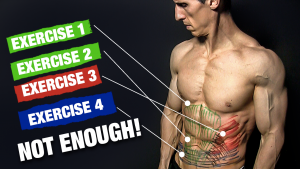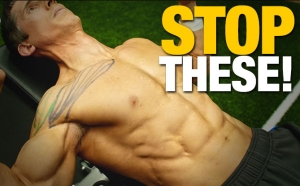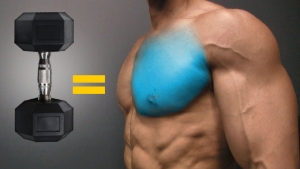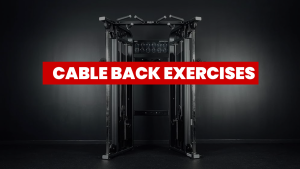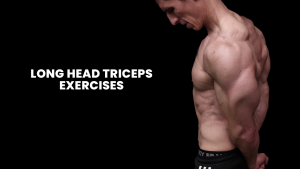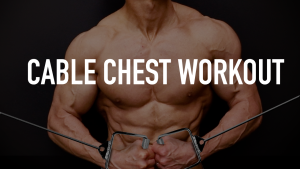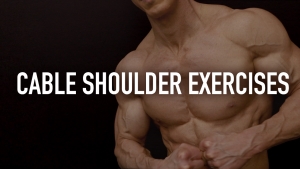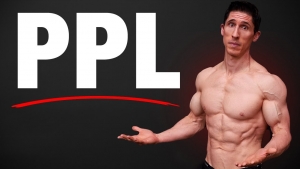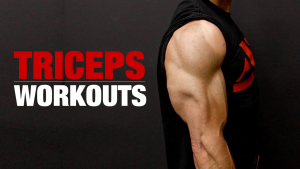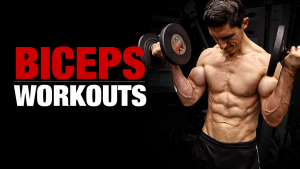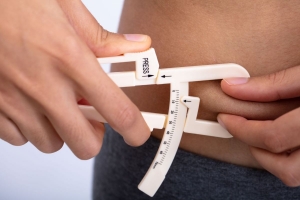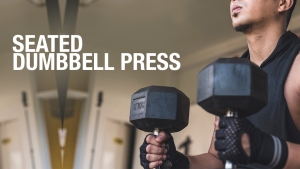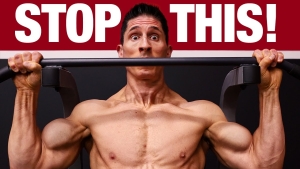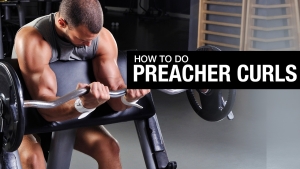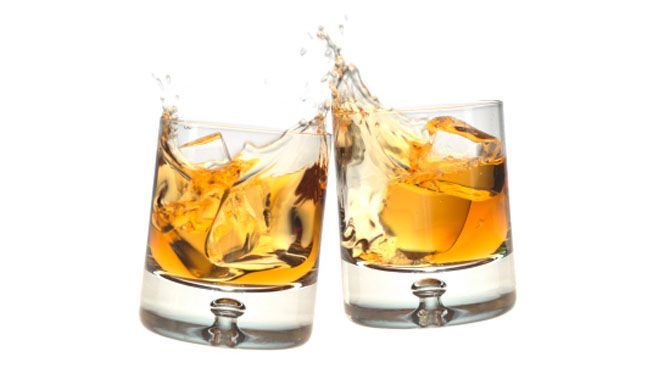
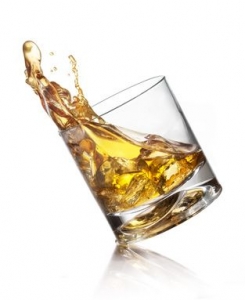
Alcohol and Recovery: The Research
I recently came across some research that tested the effects of booze on rugby players to see what kind of effects it would have on recovery, as well as physical and cognitive performance. To test this out, the researchers had the players down the equivalent of about 7 shots of vodka in orange juice after a game (seriously, where do you sign up for research like this?) vs. a placebo group (I think I’d be very aware of it being a placebo after 7 drinks, but anyway…). As you can imagine, the results were not too good. Now, it’s pretty obvious that 7 drinks will likely leave you feeling like crap the next day, but what’s interesting in this research is to see what happens on a muscle recovery level and why that is.
We already know that after a workout your body craves an anabolic state to take advantage of the rest and nutrients you feed it so that it can grow bigger and stronger than it was before. We also know that this anabolic state is a fragile balancing act and that just a few things here and there can make it tip on the wrong side and seriously compromise your gains.
Within this anabolic state, there are two things that happen on a hormonal level that are extremely important: your testosterone-to-cortisol ratio, and your testosterone-to-estrogen ratio. This is where booze hurts on pretty much every level. Even just a few drinks is enough to throw this balance off by raising both cortisol and estrogen, which in turn hinders the possibility for gains because your anabolic potential went down the drain.
‘Man Boobs’ and a Decrease in Strength?
Other research has shown that even 2-3 drinks can boost cortisol and warp you out of that favorable hormonal state; this is far from ideal if you want to recover from a workout and grow. And if you do this over and over again, the hormonal shift will be more and more apparent and you may end up shopping at Victoria’s Secret to find support for your glorious, newly found man boobs. To prevent that from happening, you want to keep these ratios favoring testosterone—moderating your alcohol intake is a good place to start.
Furthermore, not only can alcohol prevent you from recovering from the workout you just did, it will also compromise your next workout(s). Alcohol can cause a decrease in strength and cognitive performance that can last several days, due in part to its diuretic effect. So it’s easy to screw up a week’s worth of training with one night of boozing. In fact, certain studies have shown that a 1-3% drop in water can cause 10-20% decrease in strength.
That means that if you’re 5 lbs lighter on Monday morning than you were on Friday because of alcohol-related dehydration, your max bench of 225 could be down to under 200. This is something I’ve seen in a lot of college sports, where guys go out drinking on the weekend, and spend the rest of the week catching up. Practices and training sessions end up being cruise-control sessions as they just try to survive instead of profiting from them to acquire new skills and get stronger and better at their game.
This applies to you as much as it does to any athlete getting paid to perform; if you want to maximize your results, you can’t let the effects of alcohol cast a cloud on your training all week long, even if it’s from just one drinking session.
My Advice On Drinking
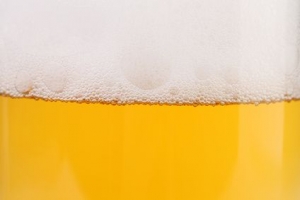
In the end it does come down to personal choice, but I know that most of you are serious about your health and your bodies and don’t want to waste any time; that’s why looking at how your alcohol intake affects your training is something I think you should do. I’m not saying you have to quit drinking completely if you like to enjoy the occasional beer, but looking at the big picture here can allow you to find out strategically on what days you can allow yourself a drink or two, and on what days you shouldn’t. Here again, careful planning could open the door to success.
Stay Strong,
Jeff
P.S. Apart from all this talk about alcohol, do you have your nutrition and strength training plan dialed in for maximum results? If not, the ATHLEAN-X Training System will get you there. Our meal plans are guy friendly and our workouts are short (20 – 40 minutes) and super effective, leaving you more time for your favorite pastimes….like playing (or watching) sports! Join us on Team Athlean to benefit from the best in strength training science!
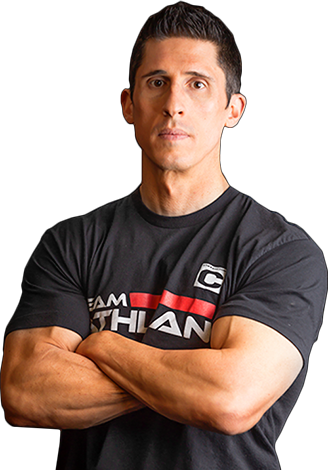
Jeff Cavaliere M.S.P.T, CSCS
Jeff Cavaliere is a Physical Therapist, Strength Coach and creator of the ATHLEAN-X Training Programs and ATHLEAN-Rx Supplements. He has a Masters in Physical Therapy (MSPT) and has worked as Head Physical Therapist for the New York Mets, as well as training many elite professional athletes in Major League Baseball, NFL, MMA and professional wrestling. His programs produce “next level” achievements in muscle size, strength and performance for professional athletes and anyone looking to build a muscular athletic physique.
